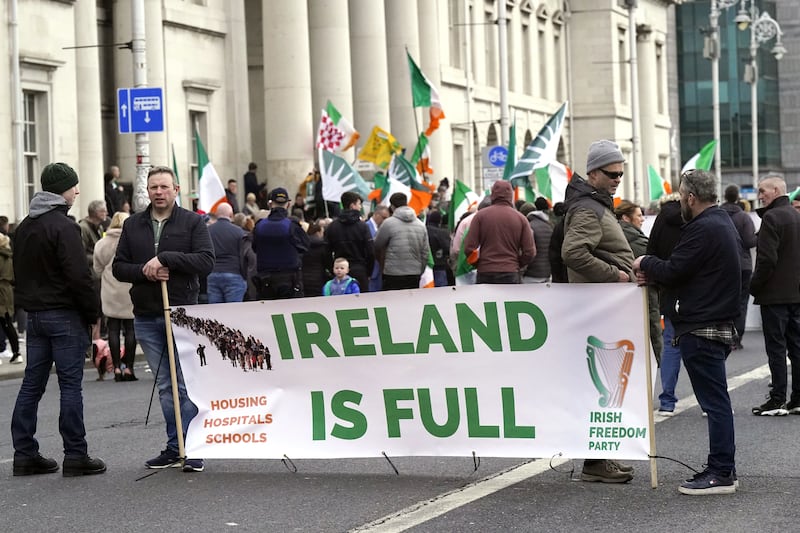The council and Euro elections in the south were in some ways uncannily like those in 2019, but in other ways different.
The results raise more questions than they answer.
The outcome is a huge setback for Sinn Féin, but it doesn’t take them back to the dreadful figures of the previous outing. For a start, they actually gained council seats whereas in 2019 they lost 78, plummeting down to 81.
This time they’ll come in at around 100, though that’s half the figure they aimed for.
In 2019 they lost all their MEPs. This time they’re on course to claw back at least one in Dublin. In 2019 they polled 9%. This time 12%, though that’s less than half polls predicted two months ago.
What went wrong? Too early to give all the answers but the most obvious one is that the party planned its election strategies months ago based on polling figures which were very favourable.
Since February the figures began to slide, but the strategies remained the same. As a result, Sinn Féin fielded far too many council candidates – 335 – in the hope of winning 200 seats. Instead they split their own vote, spreading candidates too thinly. In some council districts they selected three or even four candidates for a five-seater.

There’s another problem in councils: incumbency. It’s hard to shift a local councillor who’s been there 10 or 20 years by a new candidate announced a couple of months ago. You’re asking people to vote for the party and not the person. Risky in local districts.
Fielding too many candidates was true to a lesser extent in European constituencies, but that’s more understandable because the constituencies are enormous, each stretching over many counties, so the hope was each candidate could concentrate on a geographical area, as for example in the huge Midlands/North-West constituency, and then transfer to the other.
The council electoral campaign was questionable. Council elections in the south are intensely local. The best example this time was the 100% Redress party in Donegal campaigning on the single issue of mica-damaged housing; they had several elected.

In other places Independents were elected on one specific issue, be it farming, a local hospital, migrant accommodation.
Sinn Féin fought a state-wide campaign fronting Mary Lou McDonald in its giant social media operation. That’s what you do in a general election, not council elections or indeed European elections which are about EU matters. Banging on about health care, education and housing policy was fighting the wrong election.
On the one matter which did affect council elections across a wide swath of the state, immigration, Sinn Féin was at a loss. They failed to produce a coherent policy because they fell between two stools. They tripped up badly.
The party lost the support of young, working-class urban voters who fear competition from migrants for accommodation and jobs. Sinn Féin tried to move to the right but couldn’t for fear of losing the support of better educated, more liberal voters they have recently attracted.

They blamed the government for failing to prepare for an influx and opposed the new EU plans on migration, but the only policy they thought up came across as nonsense.
They demanded “no open borders”, which led to them being ridiculed in the Dáil. Did they mean a hard border in Ireland? No. Then what did they mean? It was gobbledegook.
They had no answer to the anti-immigrant hardliners in Dublin, especially some of whom were elected.
Sinn Féin demanded ‘no open borders’, which led to them being ridiculed in the Dáil. Did they mean a hard border in Ireland? No. Then what did they mean? It was gobbledegook
Much has been made of Independents’ successes but that has been the case with a volatile Irish electorate since 2010.
In 2019 there were 185 Independents elected. This time it looks much the same. Polls indicate a large number will be elected to the next Dáil and Independents have played an important part for a decade in keeping governments in power.
Sinn Féin have fundamental problems to solve. Do they have a class of voters who only come out in a general election? After all, the turnout was under 50% at the weekend whereas it was 63% at the 2020 general election.
Do the party strategists console themselves by thinking voters don’t support one-item local matters in a general election and Sinn Féin scores big on big issues like health and housing? Was last weekend an aberration or was 2020 an aberration?
They have less than four months to find the answers because despite what he says, few people think Simon Harris will not call an election in October.



